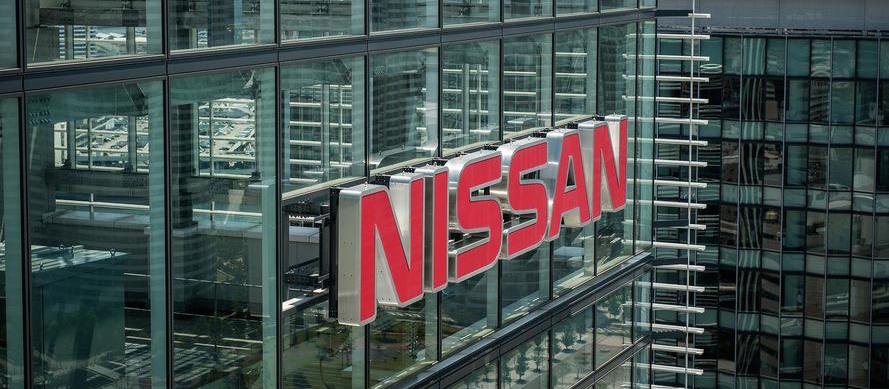Nissan admits to more testing misconduct for cars sold in Japan

Nissan Motor said on Monday it had improperly measured exhaust emissions and fuel economy for 19 vehicle models sold in Japan, the second case in less than a year where misconduct has been discovered in its inspection processes.
Nissan said it had found sample test environments for emissions and fuel economy in final vehicle inspections at most of its factories in Japan were not in line with domestic standards, and that inspection reports were based on altered measurements.
The incident is the latest in a growing list of data tampering in Japan which has tarnished the image of the country's manufacturing industry, known for high-quality, efficient production.
The latest misconduct does not impact vehicles exported overseas, as it applies to requirements intended specifically for the Japanese market, Nissan said.
Shares in the Japanese automaker closed down about 5 percent at their lowest in more than a year. The news came after the close of trading, but the company had said earlier it would make an announcement about its emissions tests, sparking concerns.
The admission came after Nissan said in October that for decades uncertified inspectors had signed off on final checks for cars sold in Japan, triggering a domestic recall of 1.2 million vehicles.
"This is a deep and serious issue for our company," Chief Operating Officer Yasuhiro Yamauchi told reporters at a briefing.
"We realize that our compliance awareness remains lacking," he said, adding the company would carry out an investigation into the issue to determine the root causes, which it expects will take a month or more.
The issue was discovered during voluntary compliance checks it launched following last year's vehicle inspection scandal, and affects models including the Note, the subcompact hatchback which is Nissan's top-selling model in Japan, and the Juke SUV crossover.
Of around 2,200 sample tests performed at six plants producing Nissan vehicles, 1,200 at five locations showed some form of falsification, Nissan said.
The automaker discovered incidents in which vehicle driving speeds and durations, along with external temperatures, had not been in line with Japanese regulations for emissions testing, while testing equipment had not been calibrated properly.
In addition, mileage data were overstated in some cases to make them appear more favorable.
No recalls were necessary as the misconduct did not compromise the safety of the affected models, and mileage readings were in line with levels presented in product catalogues, Nissan said.
According to currently available data, tampering incidents date back to 2013 and involved 10 employees, although Yamauchi said it was possible that older data may show the problem could go back further.
Nissan last year blamed its use of uncertified inspectors on staff shortages, a scandal which contributed to a slide in full-year operating profit in the year ended March.
Domestic rival Subaru Corp in April admitted to similar misconduct in its testing regime.
Kobe Steel Ltd, which supplies steel parts to manufacturers of cars, planes and trains around the world, admitted last year to supplying products with falsified specifications to about 500 customers, throwing global supply chains into turmoil.
Nouvelles connexes


